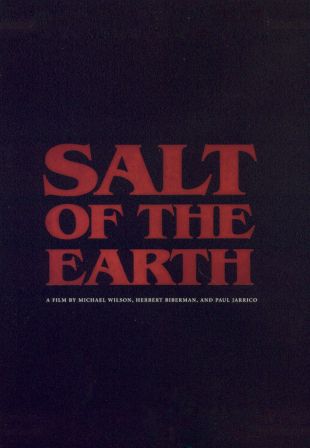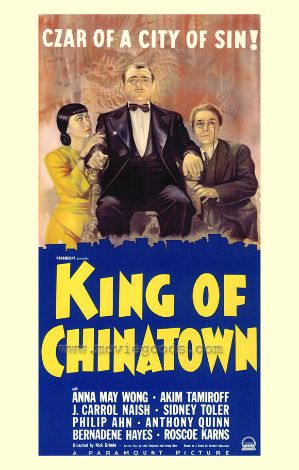The socially conscious films of American director, screenwriter and producer Herbert Biberman are perhaps best known in Europe as he was blacklisted as one of the Hollywood Ten in 1950. Biberman was educated at the University of Pennsylvania. He also attended Yale and went to Europe. He then worked for a number of years in his family's textile business until 1928 when he joined the Theater Guild as an assistant stage manager, and quickly became one of the company's best directors. He entered films as a director and screenwriter of "B" movies in 1935. He was first accused of communist activities by the House Un-American Activities Committee in 1947. Biberman refused to confirm or deny the allegations and in 1950 was sentenced to 6 months in prison and banished from Hollywood. His primary accusers were Budd Schulberg and Edward Dmytryk. Biberman's wife Gale Sondergaard was similarly accused and she too refused to testify. In 1954, Biberman independently made Salt of the Earth a provocative, moving chronicle of the terrible working conditions faced by miners in New Mexico. Though the film was backed by the miner's union and employed real workers and their families, other unions refused to show the film because Biberman was still blacklisted. The film was shown once in a New York theater were it received terrific reviews. Biberman then released the film in Europe where it won awards in France and Czechoslovakia. In 1965, the film was finally released in the U.S. Four years later, Biberman made his last film, Slaves (1969), an adaptation of Uncle Tom's Cabin. Though it was not critically well-received in the U.S., it was highly regarded in France.
Herbert Biberman
Share on


